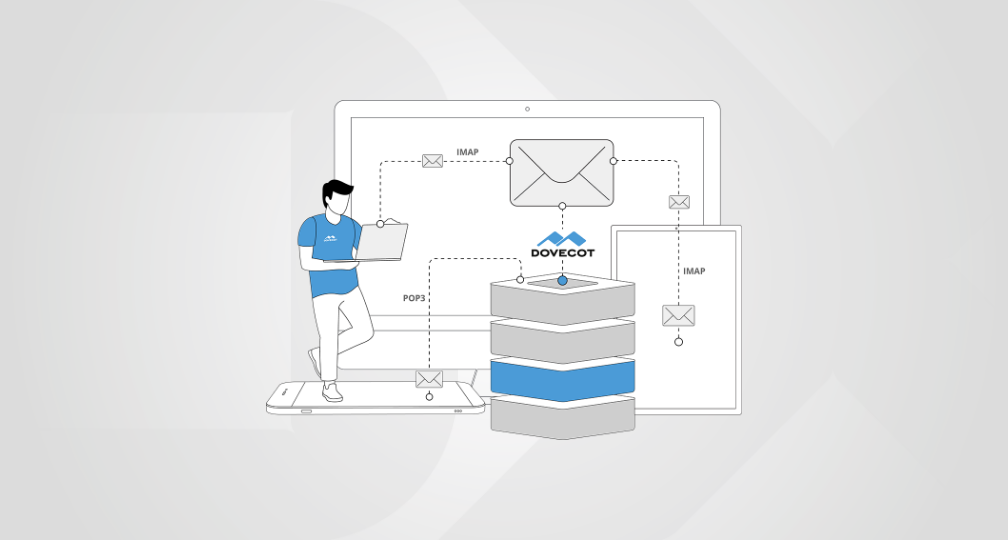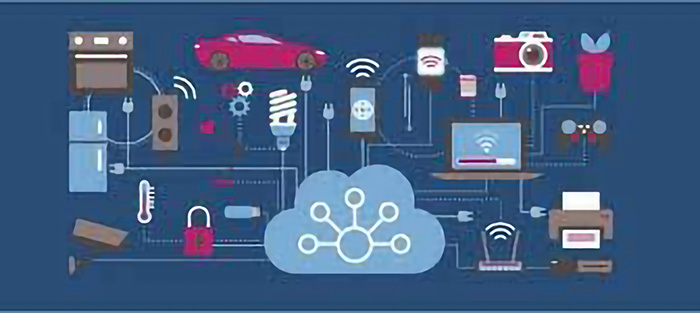In 2014, there are more than five million businesses using Google Apps, a staggering figure for something that is essentially a consumer product with very few modifications for business use. Everyone knows that Google hasn’t respected confidentiality and it itself has stated before that Gmail users cannot expect email privacy, yet businesses look beyond their exploitation model in exchange for the flexibility and collaboration Google offers.
But in today’s “surveillance state,” businesses have a responsibility to ensure the safekeeping and privacy of any customer data. Using Google Apps as a strategic value to customers undermines this very fact according to Google’s own ‘Terms of Service.’ The ‘Your Content in our Services’ section reveals that once you upload, submit, store, send or receive content to or through its services you give Google (and those it works with) a worldwide license to use, host, store, reproduce, modify, create derivative works, communicate, publish, publicly perform, publicly display and distribute such content.
Adding more confusion, the data rights subject revolves around the legal uncertainty of whether the location of stored data affects the permissions of those demanding to have access. Microsoft challenged the US Government’s presumed right to access data stored in a datacentre in Ireland. If you don’t do business in a country, do you need to be subjected to its laws?
So how to avoid this situation, and ensure your customers’ data is treated with the privacy and respect it deserves? The following are three steps that can help safeguard your reputation.
Using a local service provider to host your email is the only way to make sure you know where your data is being stored; it’s best to be answerable to the laws and regulations of the country that you operate in rather than have the legal uncertainty of data being stored in other multiple jurisdictions – better the devil you know than the devil you don’t.Use open source email software. The freedom, interoperability and auditability will ensure there are no nasty surprises or secret algorithms combing your data.Utilize an easy-to-use encryption service for sensitive communication. The encryption solutions offered by Google are either too weak or too complicated. If you want your communication to remain private but accessible, you will have to look elsewhere.
You wouldn’t take someone you were doing business with seriously if they were using a ‘gmail.com’ address, so why should you expect someone to take you seriously if you use Gmail with a custom domain? Your customers – and your data – deserve better.
“For this generation, this is a normal way of communicating and their expectations are very high,” said Katie Connolly of Birmingham University in an attempt to write email’s obituary. “You can’t leave things a week or two. Email is slower.”
Communication is constantly evolving, and it would be hasty to say that social media will replace it entirely. But the evidence suggests that more and more people are actually moving away from email – not to social networks – but to a new breed of messaging applications. Perhaps the main reason why Facebook agreed to purchase WhatsApp for $19Bn – no small pocket change, that’s for sure.
In just a couple of years, OTT messaging services have grown exponentially in use. A recent report in GigaOM shows that six of the most commonly used services now handle tens of billions of messages a day and have over a billion users. WhatsApp users alone send over 50 billion messages a day. A staggering figure.
So, what does this mean for email?
With 3.9 billion email accounts worldwide today – and an annual growth rate of 6% (more than 4.9 billion accounts by 2017) – email is still entrenched in how people work and communicate. Just like the TV and Radio were reported of dying, the truth of the matter is: the eyes of the partners we talk to get wide when they understand the options they have to go beyond email (both in financial terms and extending reach of online services) partnering with Open-Xchange.
What sets email apart is that it was the first electronic messaging protocol that we could all own a piece of. Almost everyone has at least one email address now, and that’s not likely to change any time soon. It’s still the preferred method of communication for business, and for all the benefits of OTT online casino messaging services, it’s not quite the right medium for long form, nuanced official messages.
Email, social networks and OTT messages all form part of a rich tapestry of communications. Let’s not forget, either, the role that video and voice can play, or even managing appointments for face-to-face meetings.
One thing that is sure not to change in all of this is the user, and while channels of messaging increase and become more fragmented, the need to centralize communications becomes greater than ever. It’s the evolution of the webmail platform that has been driving this change in centralizing communications – pulling in different messaging streams into one home, accessible across a range of devices.
This is where OX App Suite comes in: we’ve mastered email, and are advancing how integrating social feeds across the communication cycle are changing how people work. Next up, is voice and video — powered by Voiceworks – and meshing-up productivity work flows and how we daily keep in touch stay private. And with our open architecture, there are no limits to what else can be integrated within OX App Suite: making people’s creation and sharing of personal content a more seamless part of a secure web experience. What software do you trust to deliver you this experience and value?





